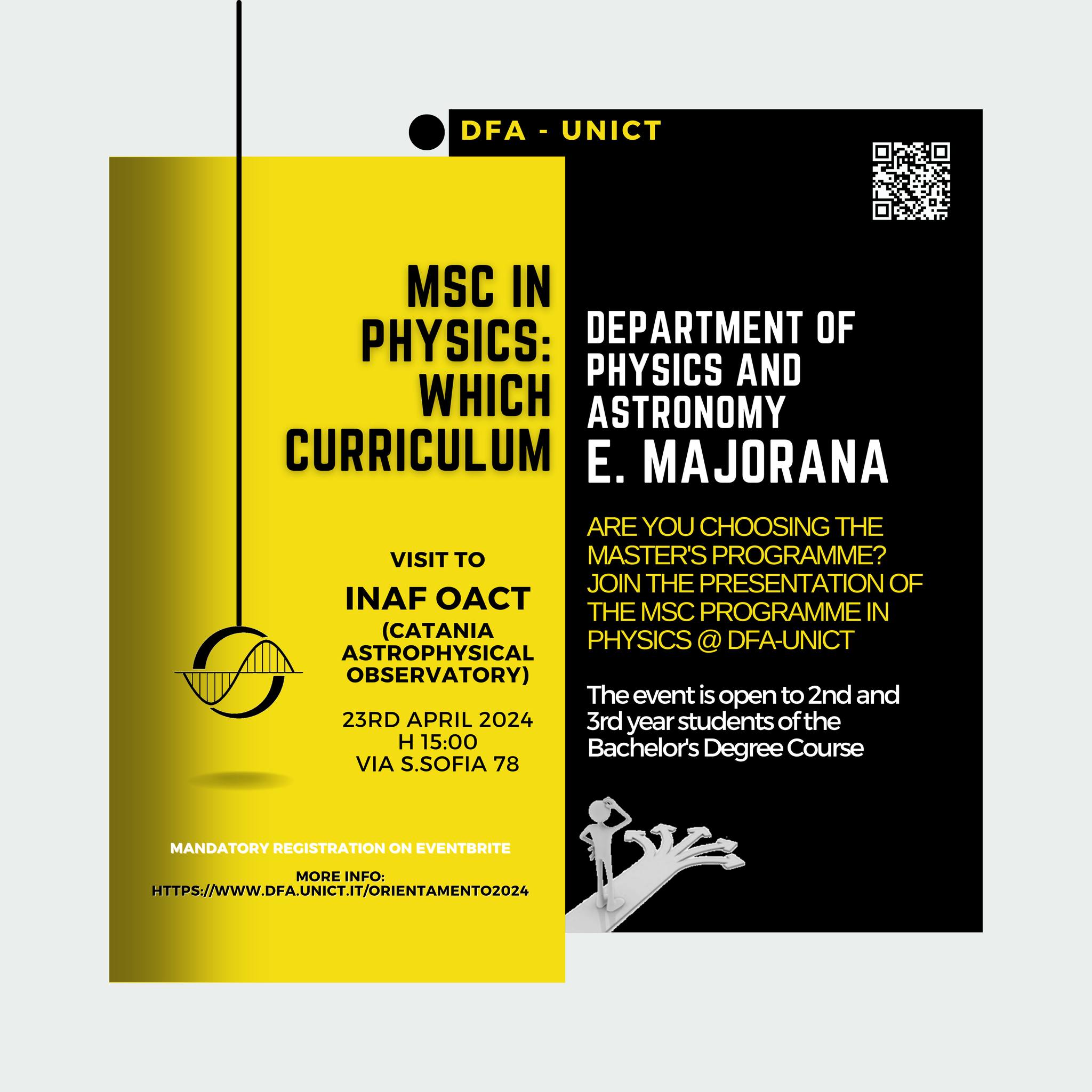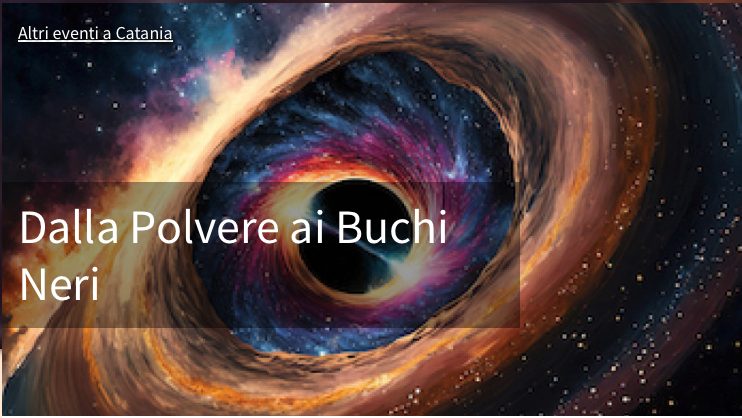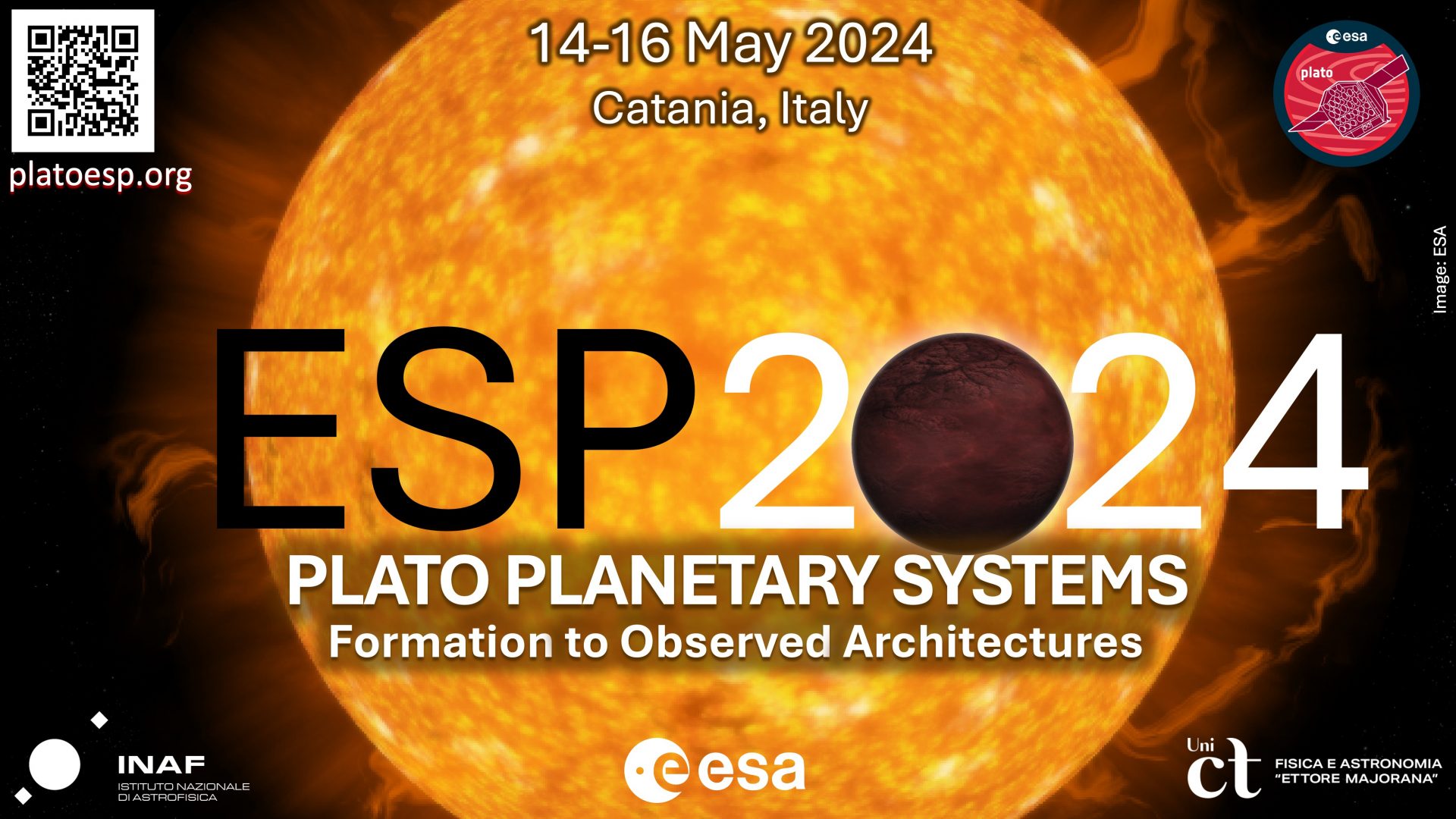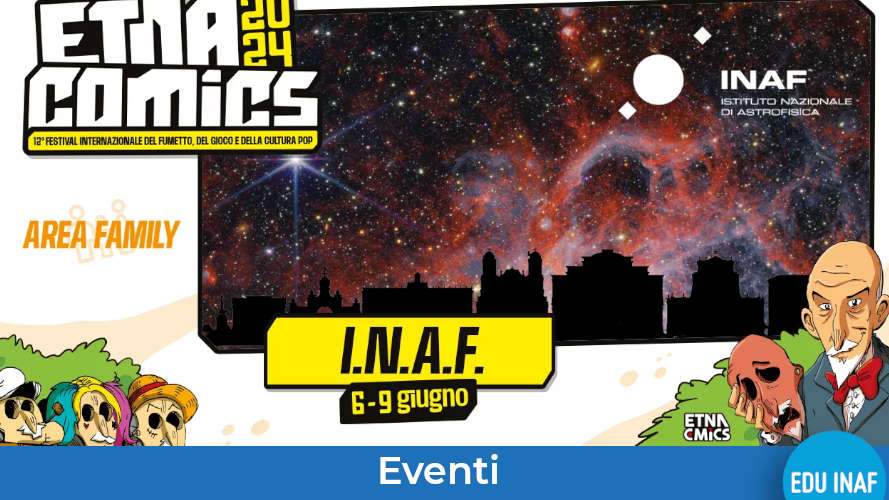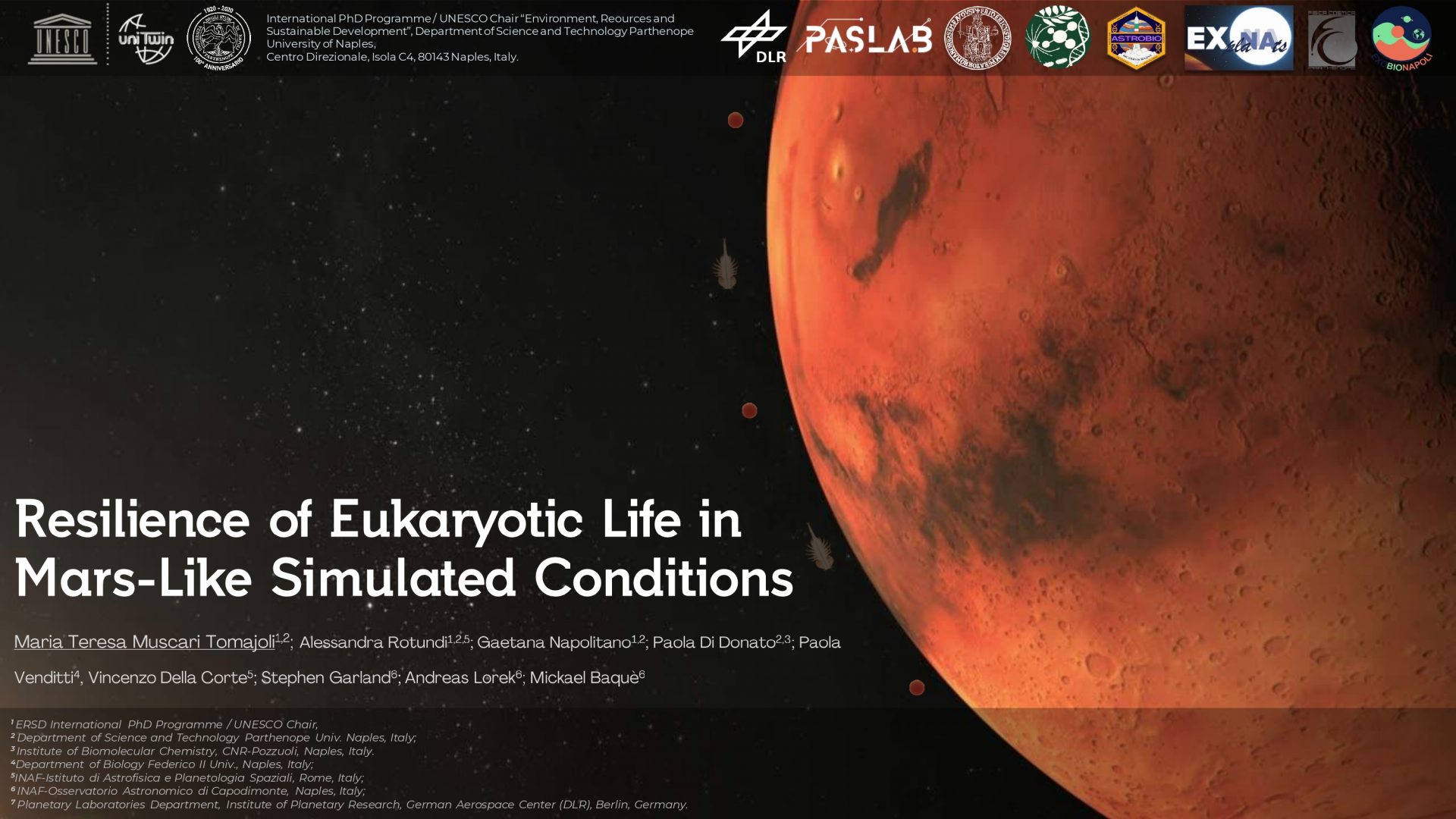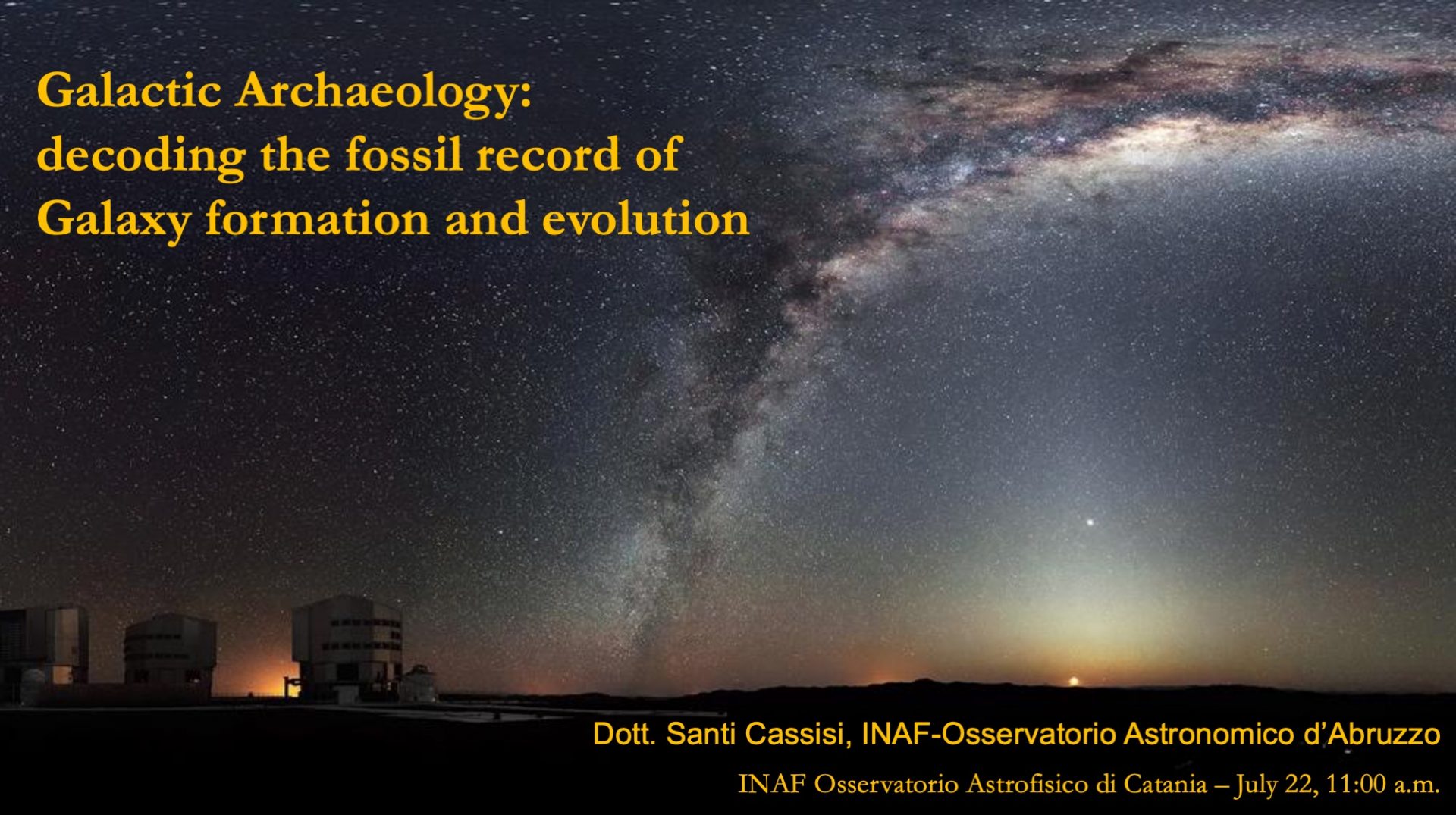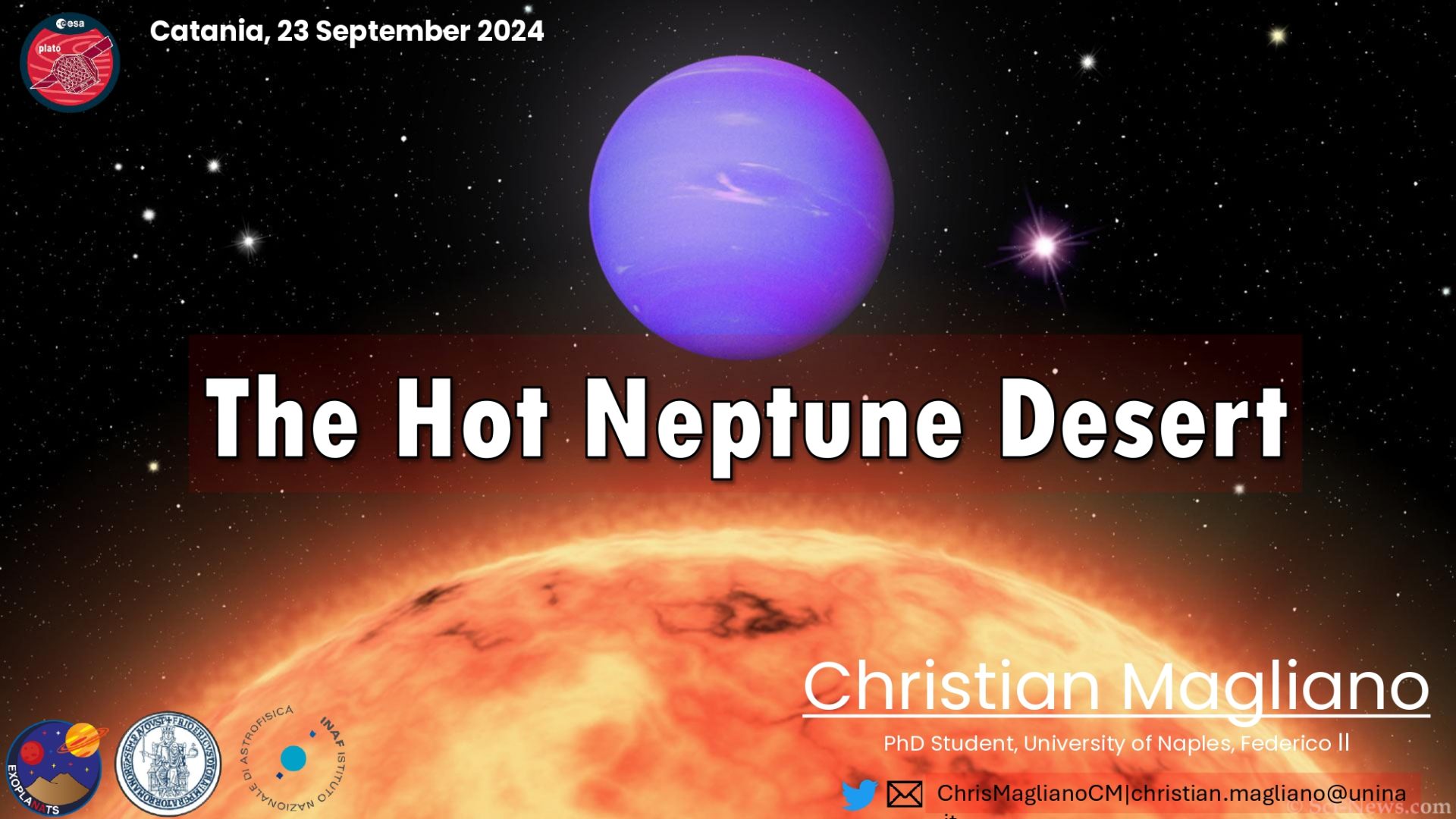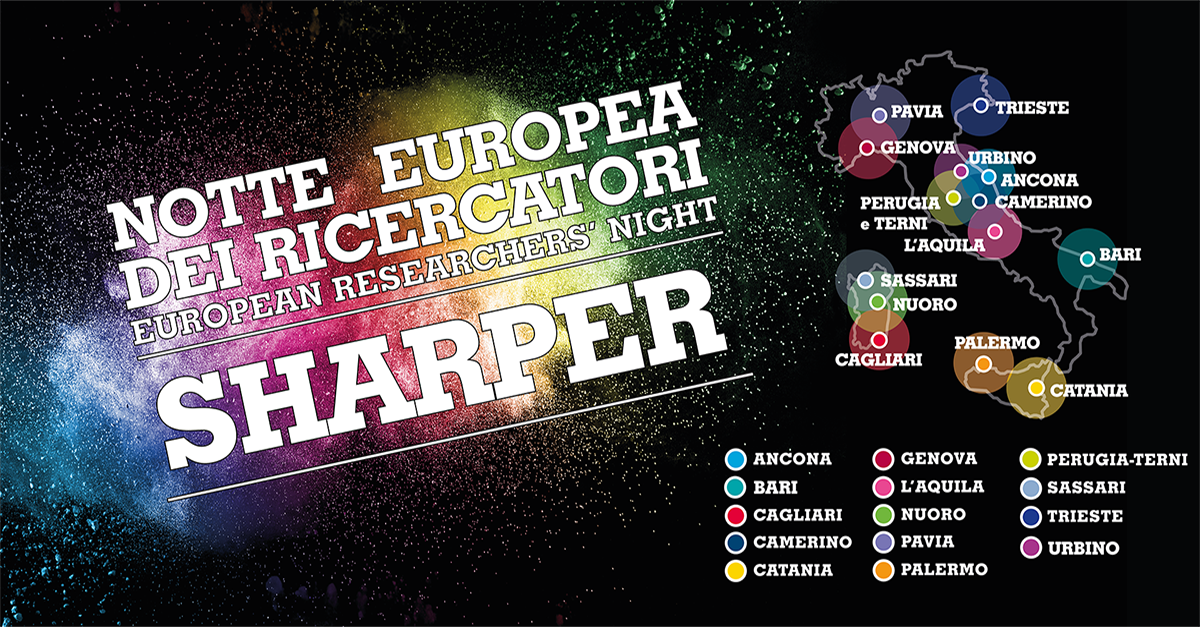MSC in Physics: which curriculum? (2024 edition)
Sede A. Riccò Via Santa Sofia 78, CataniaIn collaborazione con il Dipartimento di Fisica e Astronomia, giorno 23 aprile 2024, con inizio alle ore 15:00, presso l'Osservatorio Astrofisico di Catania, avrà luogo l'iniziativa "Which Curriculum", rivolta alle studentesse e agli studenti della laurea triennale in Fisica come orientamento nella scelta della specializzazione per il corso magistrale.
Durante il pomeriggio, i ragazzi potranno visitare i nostri laboratori e parlare con i nostri ricercatori per conoscere e approfondire le attività scientifiche, i progetti in corso e le prospettive future.
L'incontro è promosso dalla Commissione Qualità del DFA.
